Why is retail becoming more efficient with Business Intelligence tools?
As the food retail industry grows and scales, it is becoming increasingly important to use carefully analysed real data. Inaccurate and irrelevant information creates the risk of losing business, missing sales and making wrong decisions.
Thus, running a retail business becomes impossible without Business Intelligence, a form of managing sources of information about online business processes with data tools and market insights.
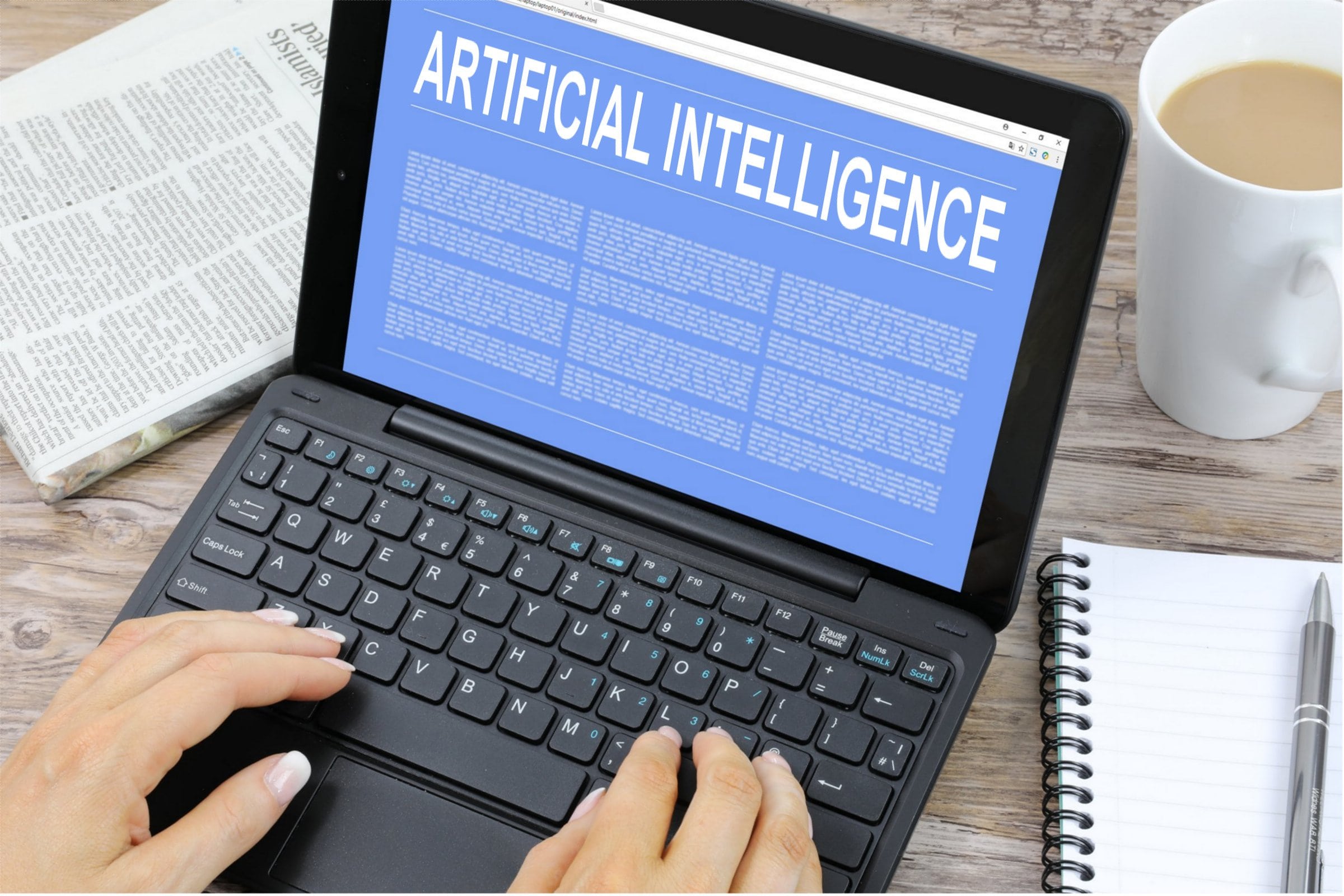
Key purposes of using BI in retail
- Data Collection. BI tools collect data in all branches of the business: sales, profit, turnover, customers, inventory, assortment, marketing campaigns, loyalty and more.
- Data warehousing. BI collects data, organises it on one platform. This systematicity allows for reliable information. In other words, there is the process of democratising data for better use.
In any retail chain of any size, there is an impressive amount of data from various sources, so unifying and standardising it is important. In the field of business management this approach is called data-driven, we talked about it earlier. - Data Analysis. Perhaps the first thing a retailer feels the need for when deciding to implement a BI system. Successful data analytics provides a number of benefits. Without data analytics it is impossible to make effective decisions, so quality analytical reporting is of great practical value to businesses.
Business Intelligence Solution by Datawiz provides a range of real-time, up-to-date analytical reports. You can customise the accesses for displaying data depending on the employee's position. - Data Visualisation. BI tools give retailers the ability to create a variety of reports and dashboards that visualise data and make it easier to make decisions. Managers can easily view key performance indicators (KPIs) and sales metrics for individual stores, products or categories, and CEOs get global data to analyse.
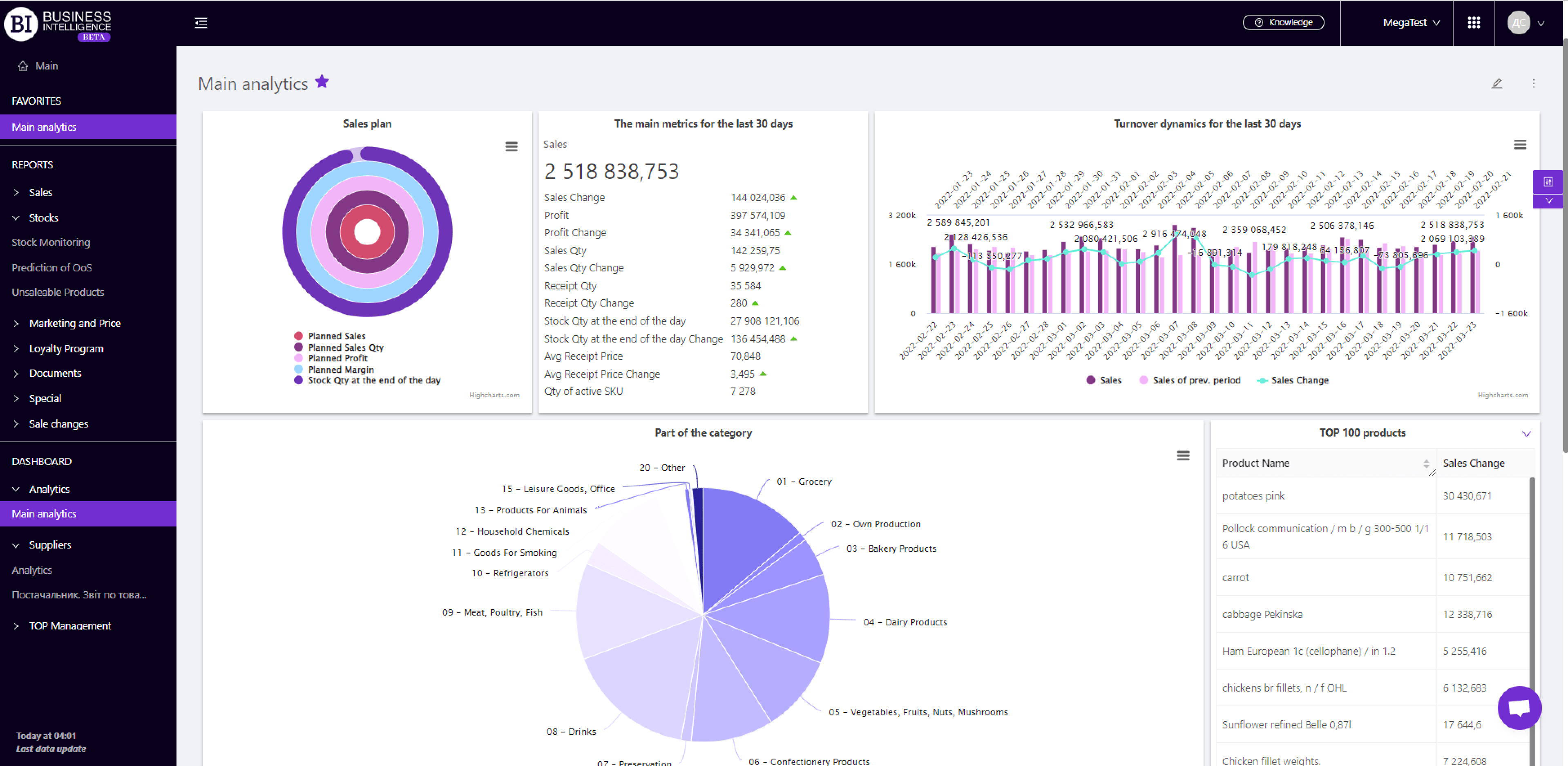
- Forecasting and planning. Through data analysis, BI tools help forecast demand, optimise inventory, manage promotions and loyalty programmes, and plan budgets. Without clearly defined objectives and generated plans, it is impossible to achieve significant results.
- Improving customer experience & increasing loyalty. BI can help companies better understand their customers, their preferences and behaviour. With the help of metrics such as Promotionsor Loyalty, as well as by analysing the results of previous marketing campaigns or promotions, customer segmentation can be carried out, allowing for more personalised customer experiences suggestions and improve their overall experience.
- Inventory management and logistics. BI helps to optimise stock levels, prevent over-purchases or stock-outs, and improve logistics and deliveries. A smooth replenishment cycle in the warehouse and on the sales floor, timely deliveries and actions planned to reduce surplus directly affect customer loyalty (because from the customer's point of view the out-of-stock of their favourite products is the worst anti-advertising).
Conclusion
BI in retail is a powerful tool that helps companies make informed decisions based on the business intelligence data which ultimately contributes to increased efficiency, improved customer service and increased profits.
 What's new?
What's new?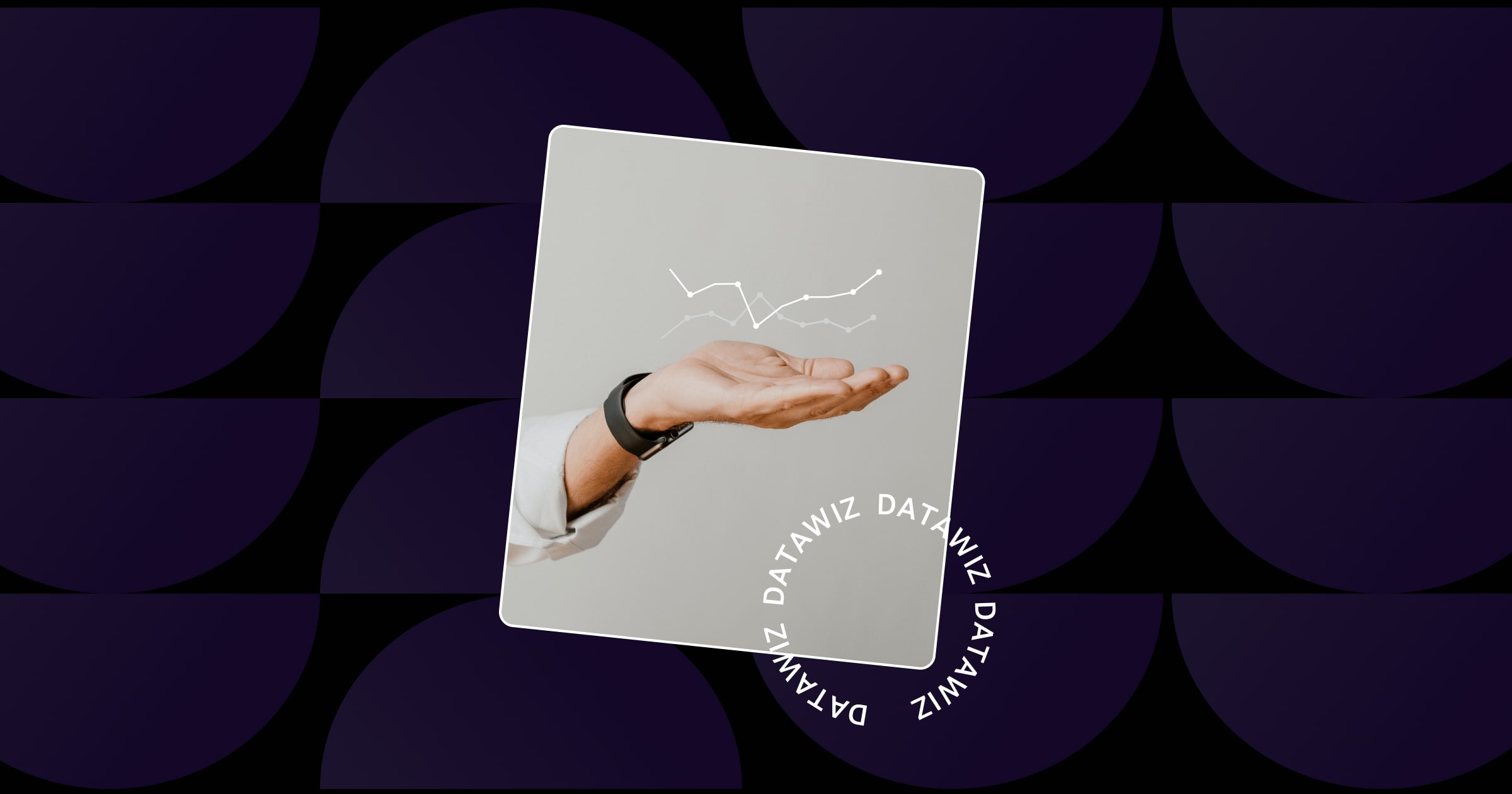

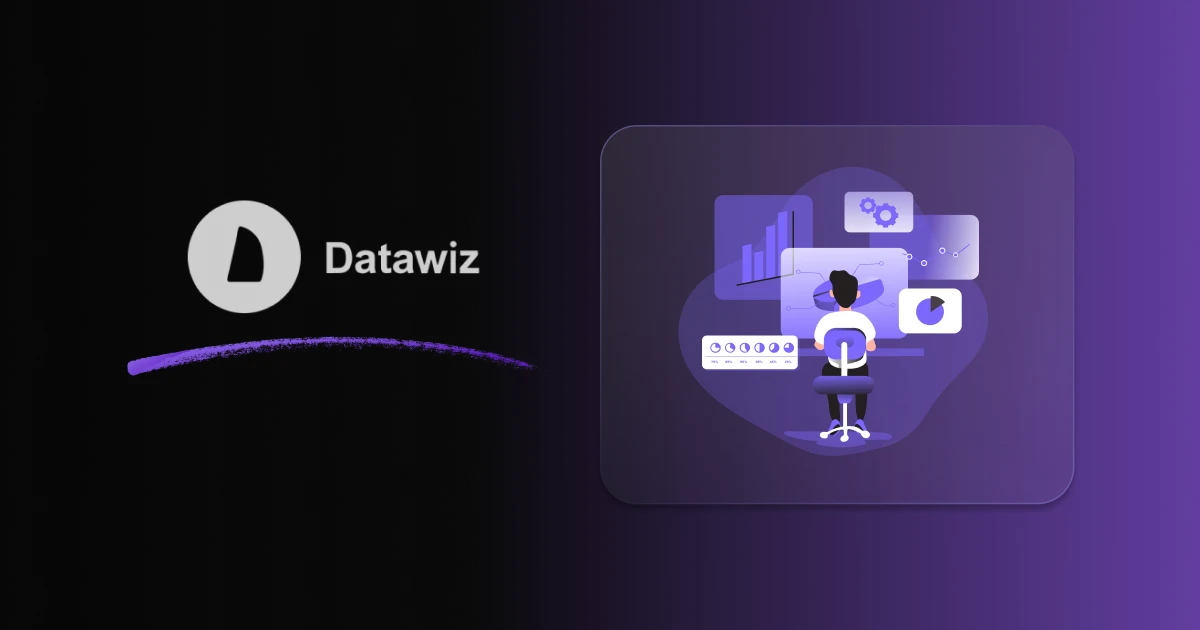
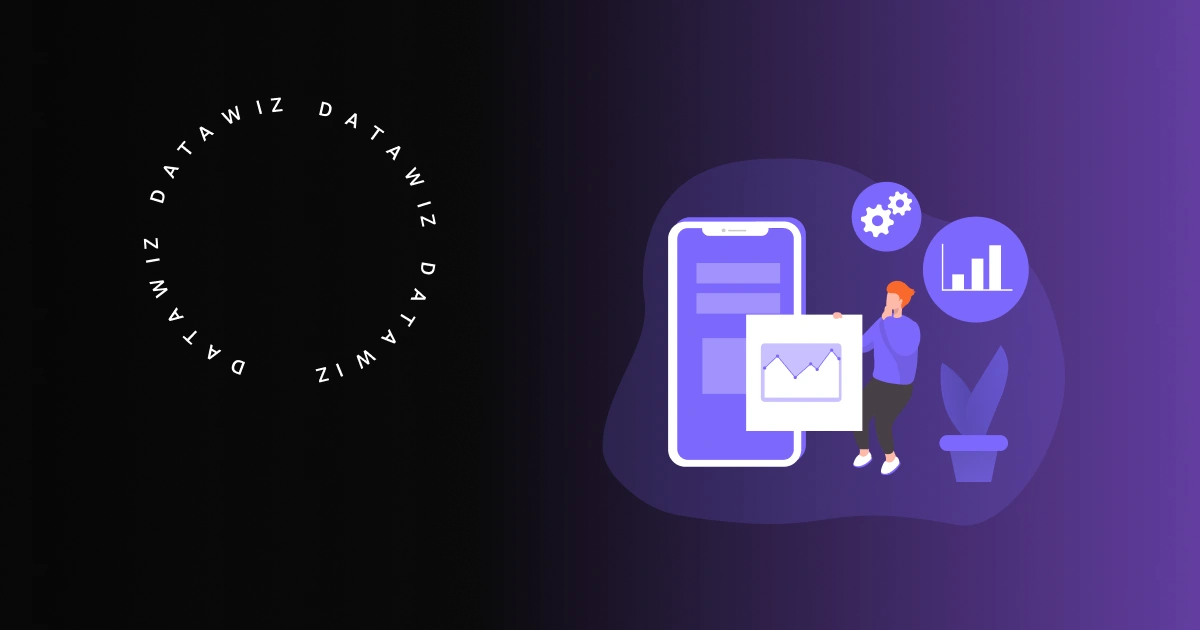


 No credit card required
No credit card required